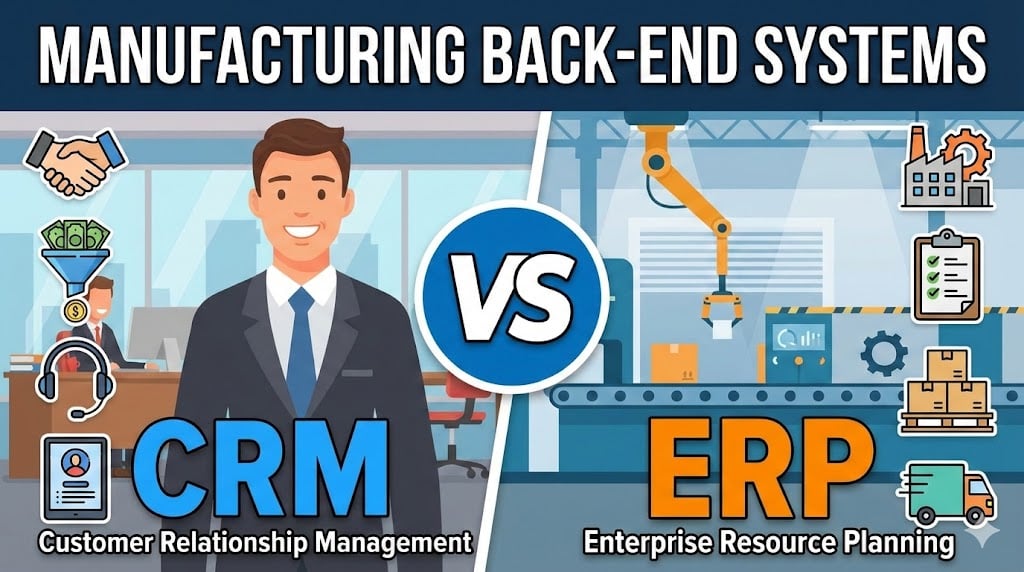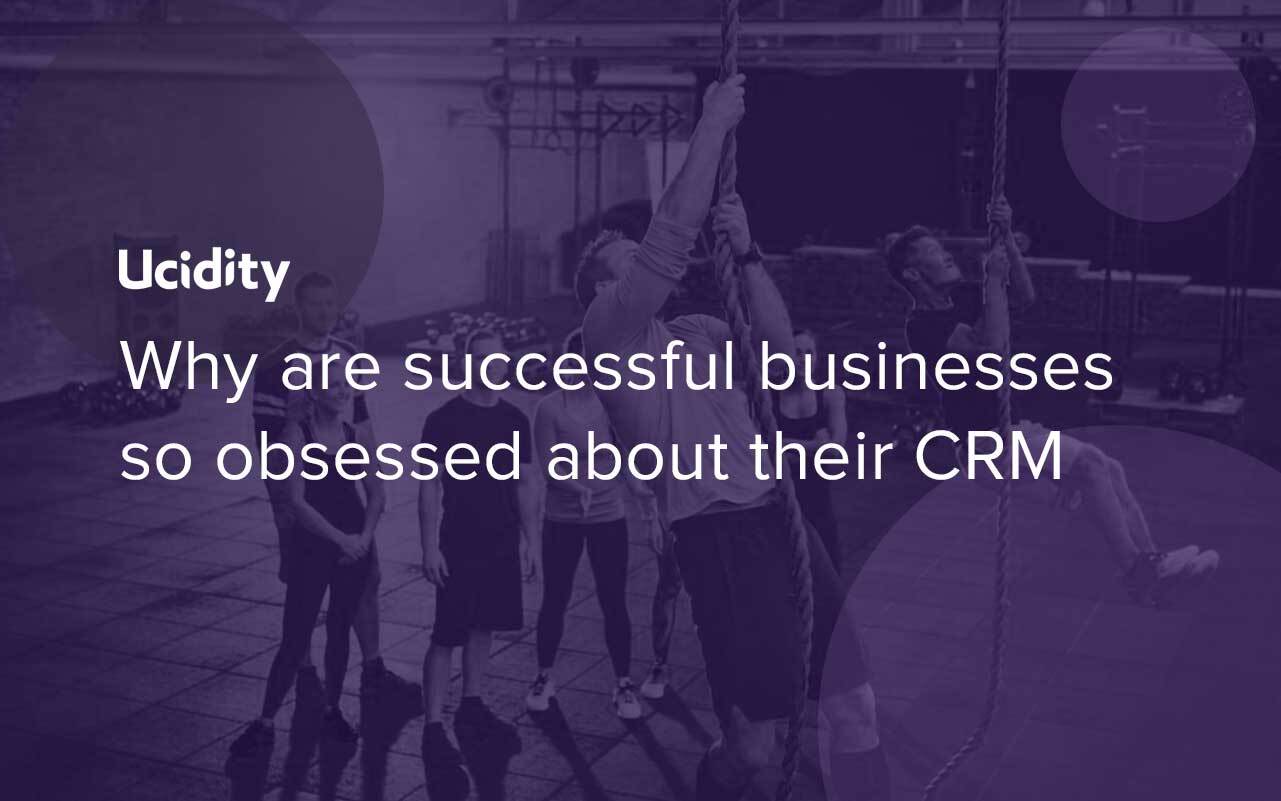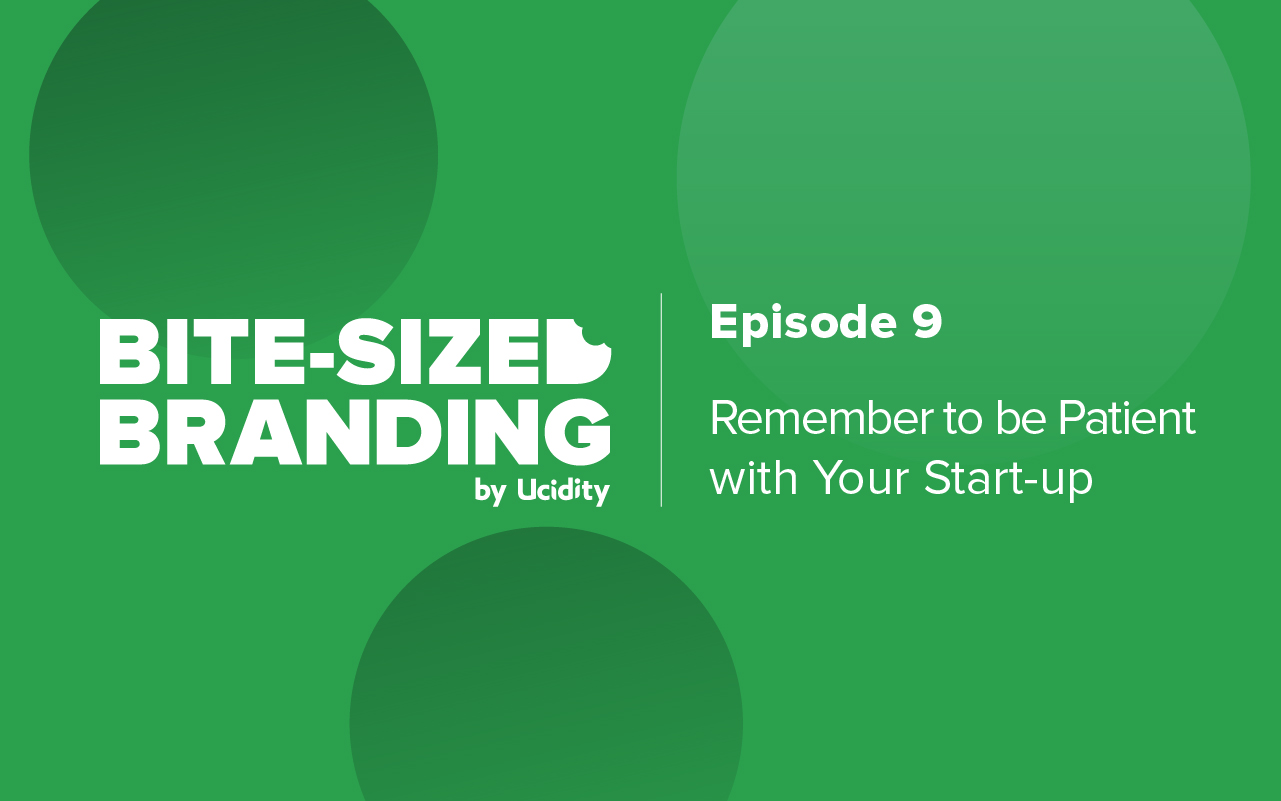
Content Marketing,Content Marketing,Content Marketing,Content Marketing,Content Marketing | 4 min read
Have you been tracking your sales leads in a spreadsheet?
Did it start off really well, but you're suspecting that this solution won't last forever?
Back in the early days of my business, I ran everything from a sales spreadsheet. It worked really well, until I needed to report to my business coach with sales data, predict cashflow, or handle sales opportunities that lasted a few weeks and required a lot of communication.
This post takes you through the process of deciding when to update your systems from a sales spreadsheet to a CRM. We'll even show you how to run your CRM completely for free!
Does your spreadsheet have the right columns?
The "right" sales spreadsheet setup will ensure that you're capturing all the data you need, order to track sales in your business. Our article "How to create your first sales tracking spreadsheet" guides you through the full specifications of each column that your spreadsheet should have, and how to use each of them.
If you've got all of these columns ticked, then you're off to a great start.
Is your spreadsheet available online?
One of the frustrations I experienced when I first created a sales tracking spreadsheet was that I couldn't update the data online. As an example, if I had a string of meetings during the day and didn't have access to my laptop - I had to rely on the notes that I'd taken in my notebook and then add them when I got home.
Even worse, was when I had a meeting late in the afternoon but needed to review some details about when I last spoke to that person.
The answer was to move the sales spreadsheet online when the technology became available. We recommend something like Google Sheets to solve this problem. Luckily, there's a handy get started guide for Google Sheets online.
Are you starting to track a LOT of information?
Kicking off your first sales spreadsheet can alleviate the pain of trying to scrummage through sheets of paper to find out when you last spoke to a sales prospect and what quote you'd given them.
You might be experiencing this:
- People are chasing you - those awkward "oops I totally forgot" conversations when you said you'd send them a follow up email
- You're forgetting vital information - when you do finally remember to send them that email, they reply with - "I thought you were also going to send me xyz..."
- Your spreadsheet is becoming a mess - if you're trying to track a half dozen sales prospects over a 6 month period, then a sales spreadsheet is probably going to be fine. But, as your business grows, you're probably going to be getting a lot of new opportunities pop up. As your spreadsheet grows - so does its complexity - and the ability to keep it neat starts to drop off
- You've stopped using your spreadsheet - this is the ultimate sign that you need to look for a new solution. Typically, people will stop using their sales spreadsheet because either it's too cumbersome or it's becoming unreliable.
If any of the above are true - then it's time to get excited because there's a fresh new solution on the horizon!
Do you need sales reports?
Have you ever sat in with your business coach or accountant and they ask one of these really "simple" questions:
- "What's your sales conversion ratio?"
- "Where do your best leads come from?", or
- "How long is a typical sales cycle?"
If they haven't yet - they will soon.
A good CRM system will provide you with the ability to create your own reports to really understand and grow your business. You'll be able to answer questions like:
- "Do I need to be generating way more leads to hit my revenue targets?"
- "Should I be putting energy into / spending money on this marketing channel?"
- "Do I need to refine my sales process?"
Are you adding new staff to your business?
If you're a sole trader and always want to be a sole trader who works with a small number of clients - then you can probable get away with a sales spreadsheet.
However, if you're looking to grow your business and put on new staff, then a CRM system is a MUST. Why?
- You need to be able to share information about your prospects and clients. Imagine that one of your new staff members picks up the phone and it's a huge sales opportunity that you're pretty close to closing. Would you really want to run the risk of that staff member not knowing who that person on the other end of the phone is?
- Your staff might have used a CRM system in their previous role. Imagine your new staff member being really excited to come to work, only to find a convoluted spreadsheet with all of your customer and sales data. Would it leave them with a good impression? Do you run the risk of them wanting to work for your competition?
- You need to keep data confidential. CRM systems are great at adding an extra level of security to your business. Unfortunately, there's not a lot you can do in a spreadsheet except lock down tabs.
Summary: Do I stay with a spreadsheet or move to a CRM?
In our experience, there are a couple of key points from above the will pretty much force a business to shift over to a CRM system:
- Your spreadsheet is becoming full and a mess to work with,
- You need accurate reports to understand more about your business,
- You're wanting to bring on additional staff to grow your business.
Published on February 03, 2020




